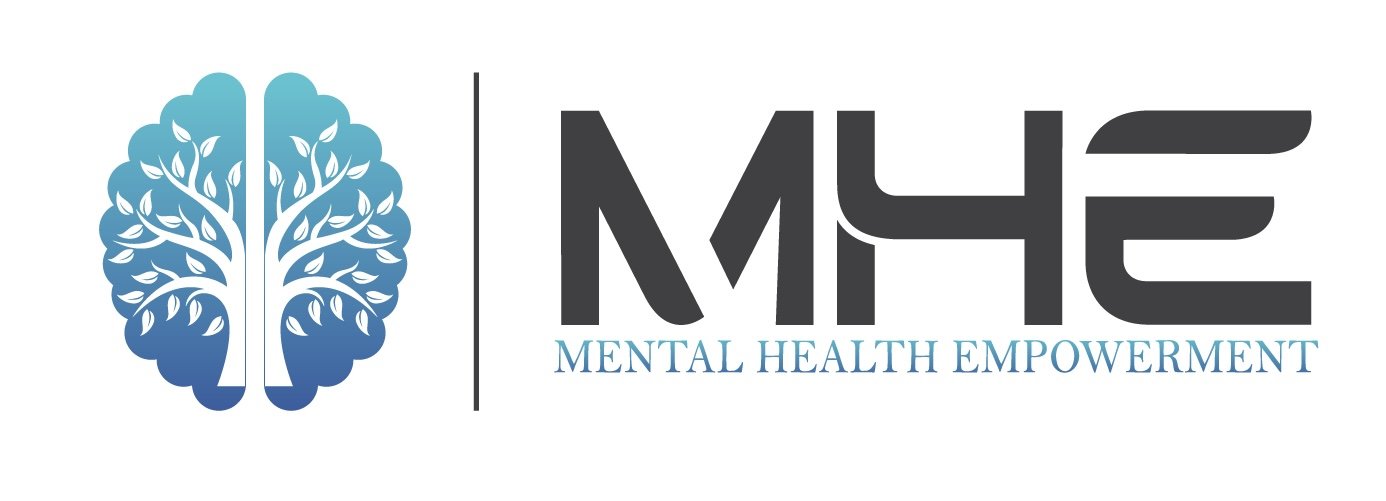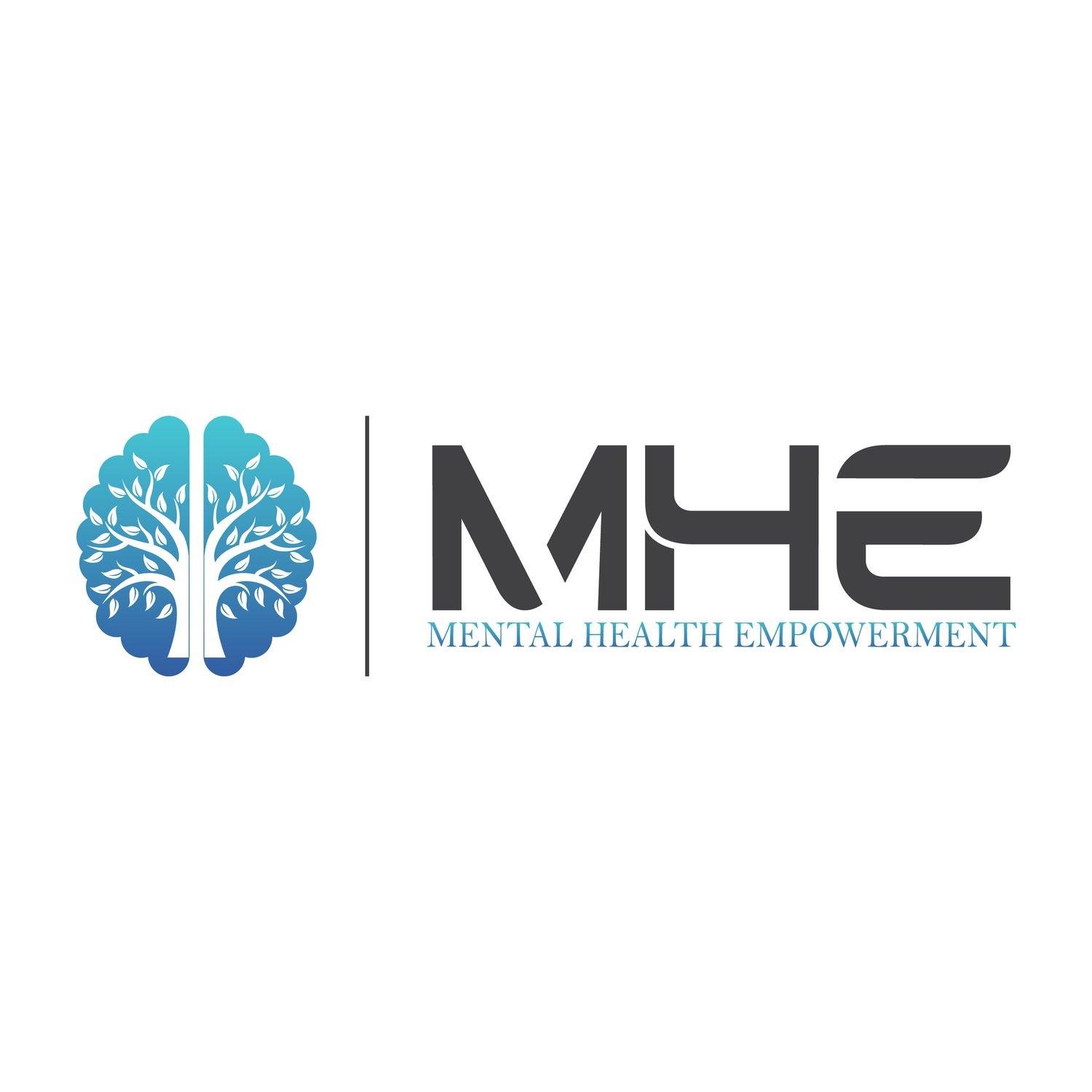
Addiction Codependency In Relationships and Families Therapy Group
A support group created to help you heal from the unhealthy, emotional attachment, and psychological dependency to a loved one. You are not alone.
Relationship codependency is a pattern of behavior where one person in a relationship relies heavily on the other person for their emotional well-being and self-esteem. This can lead to an unhealthy dynamic where the codependent person sacrifices their own needs and desires in order to maintain the relationship and avoid conflict or abandonment. The codependent person may also enable and enable their partner's destructive behavior or become overly controlling in an effort to maintain the relationship. Codependency can occur in any type of relationship, such as romantic relationships, friendships, family relationships, or work relationships. It is often rooted in deep-seated fears and insecurities and can be difficult to break without professional help.
-

Understanding The Symptoms of Codependency
Difficulty setting boundaries: Codependent people often have a hard time setting healthy boundaries in their relationships, which can lead to feelings of resentment, anger, or being taken advantage of.
Low self-esteem: Codependent people may have low self-worth and often base their self-esteem on their ability to please others or meet their needs.
People-pleasing behavior: Codependent people often prioritize the needs of others over their own, even to the point of neglecting their own well-being.
Need for control: Codependent people may try to control situations or other people in an effort to feel more secure or to avoid conflict.
Fear of abandonment: Codependent people may have a strong fear of being alone or abandoned, which can lead them to stay in unhealthy relationships or cling to unhealthy patterns of behavior.
Difficulty expressing feelings: Codependent people may have a hard time expressing their true feelings, either out of fear of upsetting others or because they don't know how to identify their own emotions.
Denial or minimizing problems: Codependent people may deny or minimize problems in their relationships, either to avoid conflict or because they have become so enmeshed in their partner's needs and problems that they can no longer see the situation clearly.
It's important to note that not everyone who exhibits some of these symptoms is necessarily codependent, and a trained mental health professional can help diagnose codependency and provide appropriate treatment.
-

How Addiction Codependency In Relationships and Families Therapy Group can support you
The group is led by Licensed Therapist, Brian Jones, MSED, LPC, and utilizes mindfulness and Cognitive-behavioral therapy (CBT) to support the clients in their recovery. CBT can be an effective treatment for codependency as it is a type of therapy that focuses on changing negative thought patterns and behaviors in order to improve mental health and well-being. In the case of codependency, Addiction Codependency In Relationships and Families Therapy Group can help the individual identify and challenge the negative beliefs and behaviors that underlie their codependent patterns.
Here are some ways Addiction Codependency In Relationships and Families Therapy Group will support you in treatment of codependency:
Identifying negative thought patterns: Addiction Codependency In Relationships and Families Therapy Group will help the group identify negative thought patterns, such as believing that they are responsible for other people's happiness or that they must always put others' needs before their own.
Challenging negative thoughts: Once negative thought patterns are identified, the therapist will work with the individual to challenge these thoughts and develop more balanced and realistic ways of thinking.
Developing healthy boundaries: The therapist will help the group develop healthy boundaries in their relationships, including learning how to say "no" when necessary and recognizing when their own needs are not being met.
Increasing self-esteem: Addiction Codependency In Relationships and Families Therapy Group can help the group improve their self-esteem and learn to value themselves for who they are, rather than relying on external validation from others.
Developing coping skills: Addiction Codependency In Relationships and Families Therapy Group can also help the group develop coping skills for dealing with difficult emotions and situations, such as stress, anxiety, and conflict.
Overall, Addiction Codependency In Relationships and Families Therapy Group can help the individual develop a healthier sense of self and learn to create more balanced and fulfilling relationships.
It is important to note that Addiction Codependency In Relationships and Families Therapy Group is a part of the journey to recovery. Depending on the individual's needs and goals, individual therapy can add to the support by tailoring the treatment to the individual.
-

Rates
Intake/Screening (30 mins): $30
Weekly Group Sessions: $25
Current Clients of Brian Jones: $15

